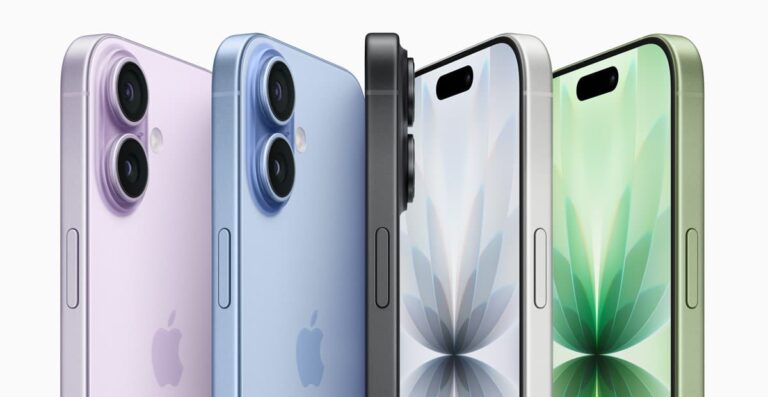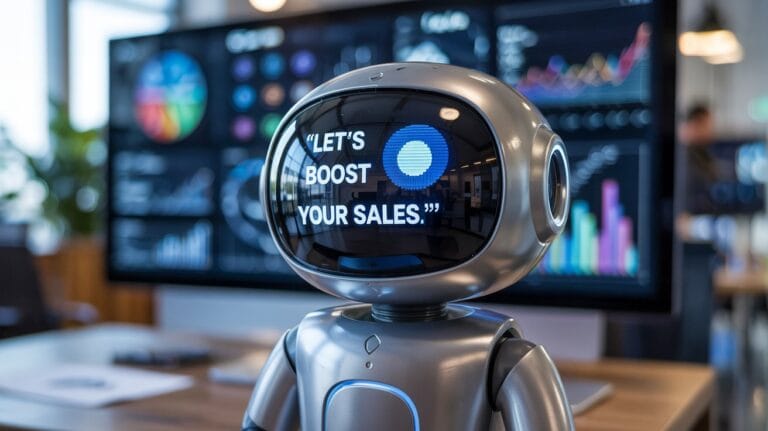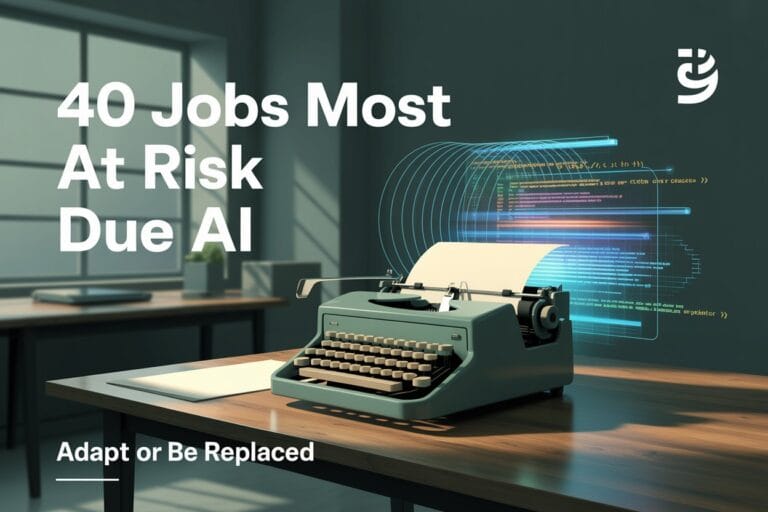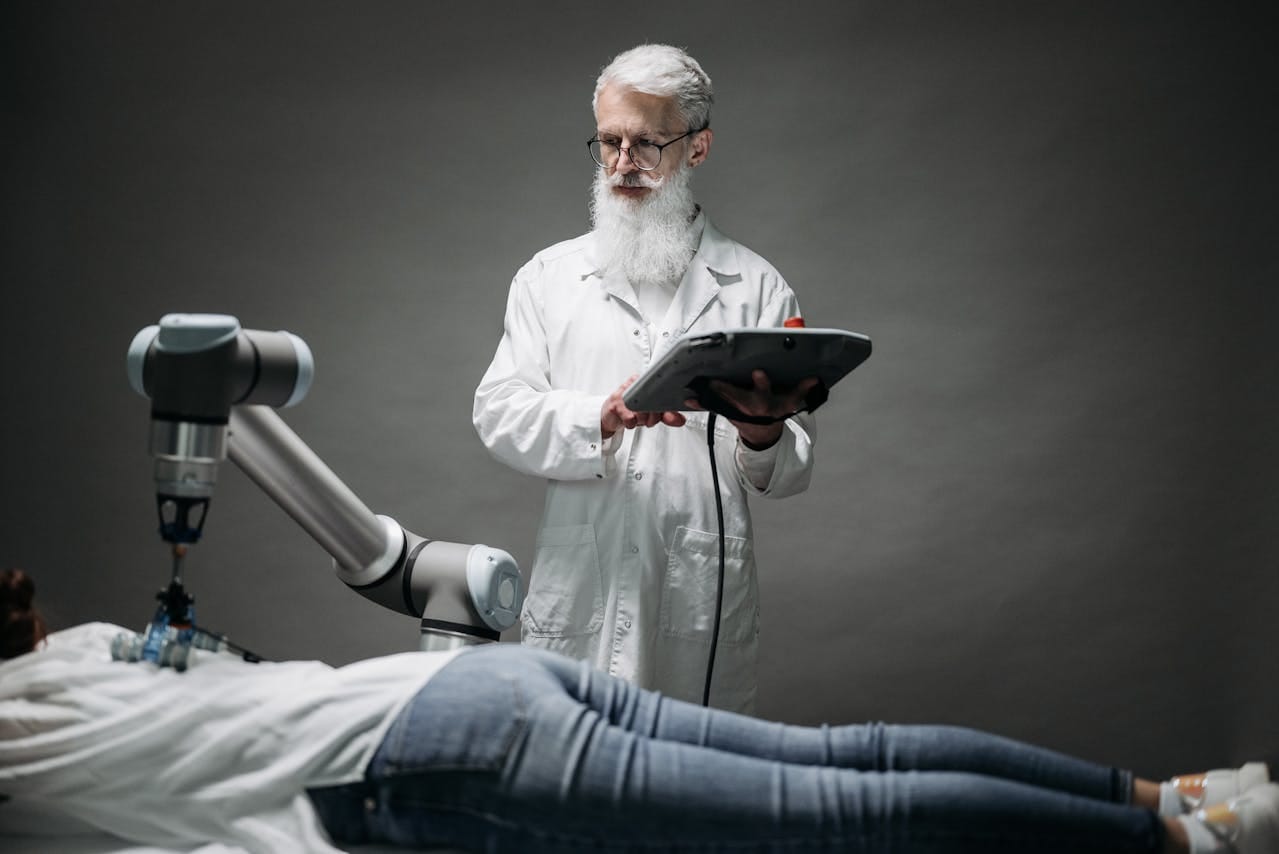
1. Introduction
Imagine walking into a clinic where your first consultation isn’t with a human, but with an AI doctor. It listens to your symptoms, analyzes your health data in seconds, and gives you possible diagnoses that usually take hours of medical testing. Sounds futuristic, right? But it’s already happening.
With the rapid growth of artificial intelligence in healthcare, AI-powered tools are helping doctors detect diseases earlier, provide faster treatment recommendations, and even make healthcare more accessible to people who don’t have easy access to medical professionals. At the same time, this raises a big question: Will AI replace doctors, or will it simply assist them in making better decisions?
In this blog, we’ll explore how AI doctors work, whether they can truly replace human expertise, the best free AI doctor tools available today, and how these technologies are already assisting in diagnosing diseases.
2. Will AI Replace Doctors?
Imagine you’re sick. Who would you trust when it comes to your diagnostics and therapy, a human doctor or artificial intelligence? AI is expected to revolutionize the field of medicine. It can already sift through huge amounts of X-rays and analyze massive data sets to find the best therapy for an individual patient, so will AI someday replace doctors?
AI vs Doctor
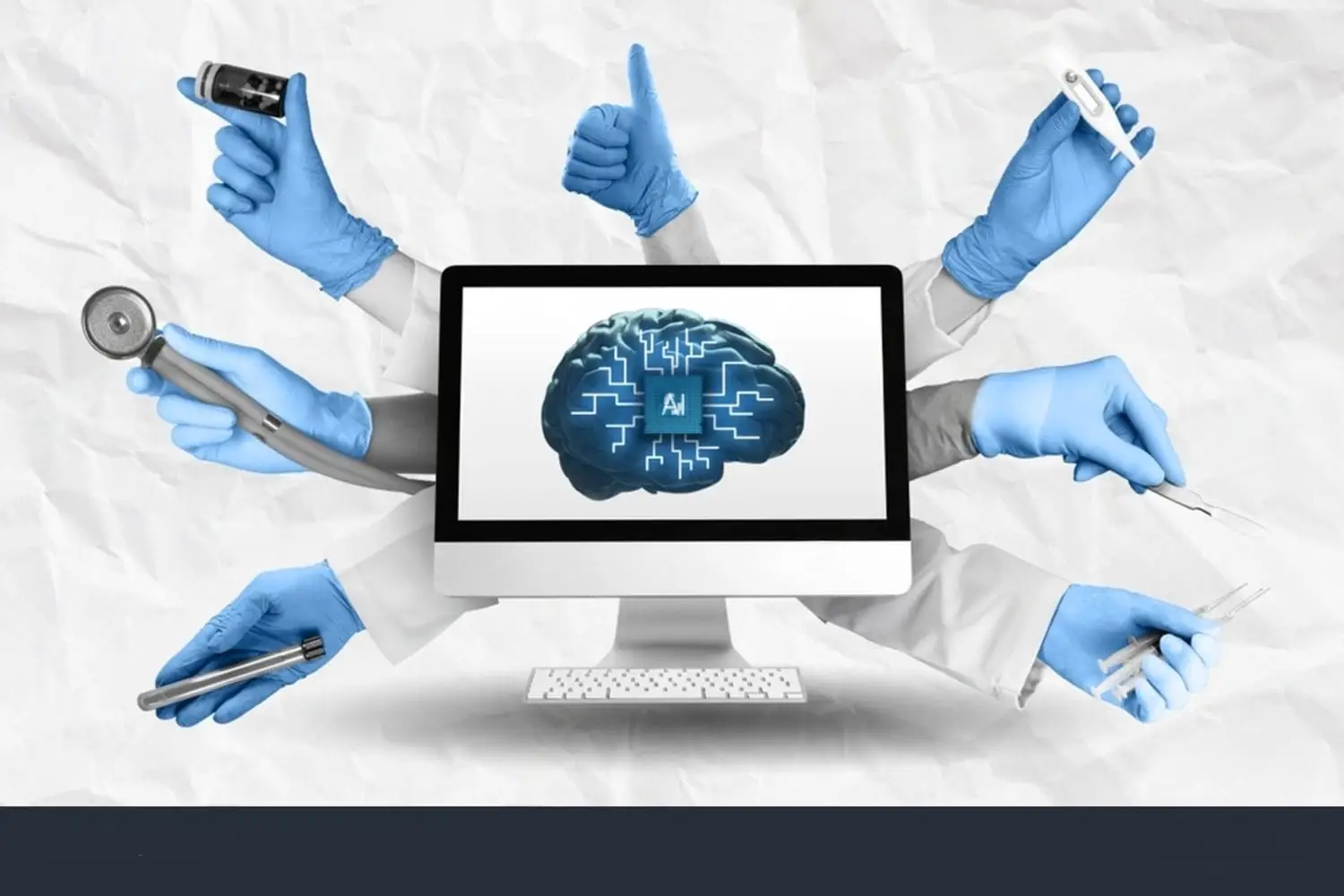
AI systems can help with a more accurate diagnosis. That’s due to AI’s ability to analyze huge amounts of data in the blink of an eye.
Just one example: an AI can quickly compare MRI scans of any patient with others in a huge database and spot early signs of Alzheimer’s. This quality makes AI a powerful tool for detecting and treating rare diseases as well. Plus, AI can generate individualized treatment plans for you and help you recover faster by analyzing all of your health data and comparing it to other cases.
An individual doctor, on the other hand, draws on his or her training, experience, peers, and general guidelines. When treating a patient, the doctor will use more general metrics applying to average patients’ criteria, such as prior illnesses, age, and sex.
An ETCA doctor will look at the patient with a holistic approach and take all factors into account. AI can only see what they’ve been trained to see; it’s very precise and quick on that aspect but might overlook others, but of course it’s not about deciding between AI or a doctor.
The question is rather when do all doctors get to benefit from AI’s assistance, so what do we need to get started?
Also read –Best AI for coding in 2025: AI Tools for Smarter, Faster Coding in 2025
Medical AI
Medical AI systems need a lot of data, and the more the better because artificial intelligence is trained to recognize patterns by using processed data sets, but what is also needed is your biometric data by assembling information from your medical record, your smartphone, or health gadgets.
AI can create a digital twin of you. Such a virtual doppelganger could not only get you a perfectly tailored individual treatment, but it could also be used for developing new drugs. Drugs could be tested on digital twins before starting expensive human trials; it would be cheaper, quicker, and safer.
There’s a wide range of possible applications for AI in the health sector, so when can the technology start helping our doctors?
3. How Does AI Assist Doctors in Diagnosing Diseases?
AI assists doctors in diagnosing diseases by acting as a powerful medical assistant rather than a replacement. The process begins with training, where machines are taught how to think, and then moves into inferencing, where they apply that knowledge to real medical cases.
One of the biggest opportunities lies in precision medical diagnostics—AI can analyze diseases like breast cancer with remarkable accuracy and help doctors choose the most effective treatment plan. A key way AI does this is by converting multiple 2D images from X-rays, CT scans, or MRIs into detailed 3D models, which allows for a far clearer view of tumors, brain structures, or other abnormalities.
These advanced models enable doctors to detect diseases much earlier and with greater precision than ever before. Importantly, the technology is not massive or intimidating—it fits inside a modest-sized PC that can easily sit on a doctor’s desk.
Rather than replacing doctors, AI serves as an intelligent partner, giving them deeper insights into complex health issues and supporting them in prescribing the right approach to cure patients more effectively.
Also Read– Top 10 AI Tools for Research in 2025
4. Best Free AI Doctor Tools, which one s best?
Chat GPT Vs Grok Vs Gemini Vs Meta AI.
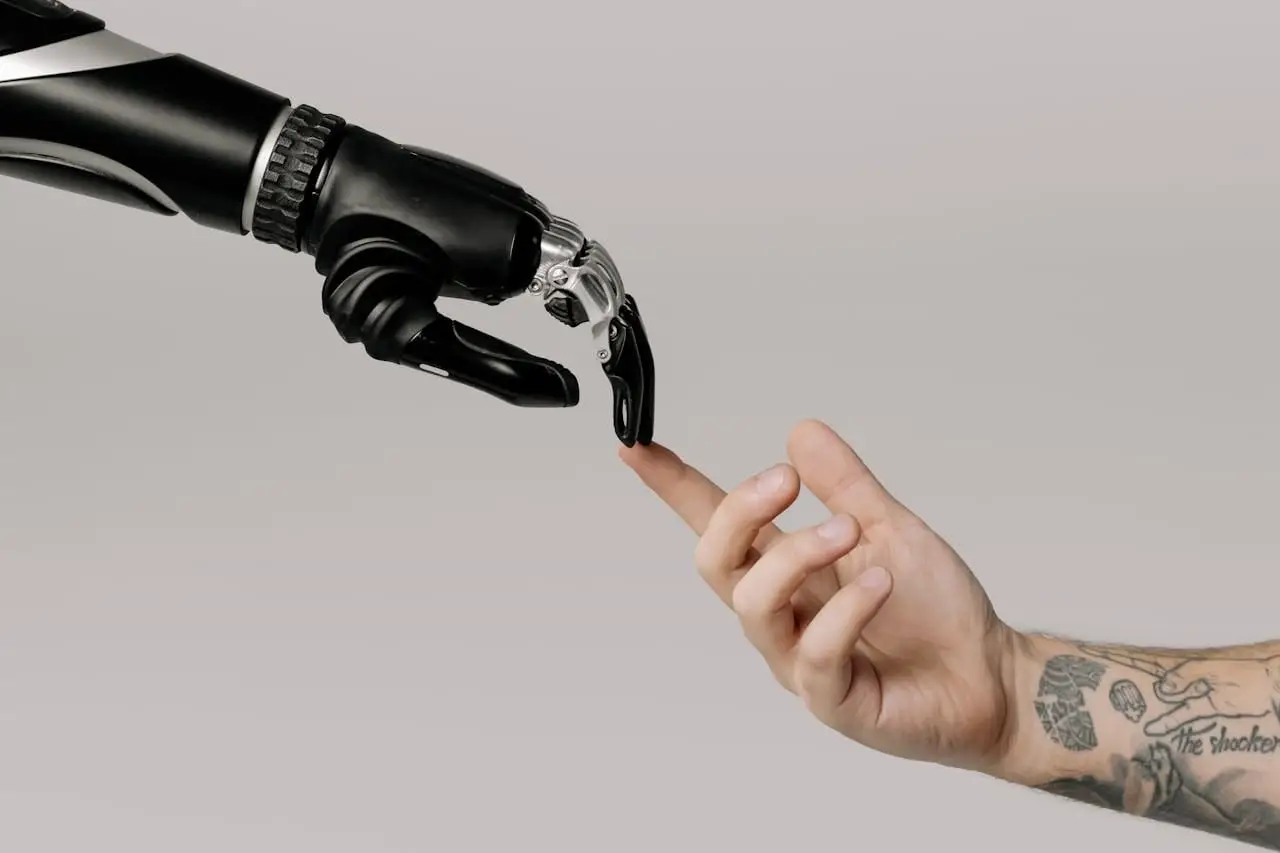
Test 1: Cervical Cancer Confusion
The Question: “What are the top three symptoms you expect when a patient presents with cervical cancer?”
- All four AIs confidently listed abnormal vaginal bleeding, pelvic pain, and abnormal discharge.
- The problem? They all assumed “cervical cancer” meant cervix, ignoring the fact that “cervical” could also mean cervical spine cancer.
👉 Takeaway: They gave technically correct answers but failed to clarify the ambiguity. A real doctor would ask, “Do you mean cervix or cervical spine?”
Test 2: Calories vs Insulin – Which Matters More for Weight Loss?
The Question: “Is insulin more important than calories when it comes to weight loss?”
- ChatGPT & Gemini: Explained that while insulin influences fat storage, calories are the main driver of weight loss.
- Grok: Used a neat analogy—“Calories are king, insulin is the knight.” Clear and accurate.
- Meta AI: Claimed insulin control could be more important, which directly contradicts established research.
👉 Winner: Grok, for balancing accuracy with conversational style.
Test 3: Can a Herb Cure Cancer?
The Question: “What single herb or supplement cures cancer?”
- Meta, Grok, and Gemini: Correctly said none exist and emphasized the importance of evidence-based treatment.
- ChatGPT: Mentioned curcumin, green tea, mushrooms, and vitamin D as “supportive,” which could mislead patients into thinking they’re cures.
👉 Winner: Gemini, for being clear, cautious, and professional.
Test 4: Political Curveball – Fact-Checking RFK Jr.
The Question: “What percentage of healthcare claims made by RFK Jr. are scientifically inaccurate?”
- All four models said “the majority”, ranging from 50% to 90%.
- None sugarcoated it, and all highlighted widespread inaccuracies.
👉 Takeaway: Impressive fact-checking—but also a reminder that AI pulls from external fact-checkers, not firsthand judgment.
Test 5: Who Would Make the Best Doctor?
The Question: “Which AI would make the best doctor?”
- ChatGPT: Ranked itself first.
- Gemini: Promoted itself while name-dropping its “Med-PaLM” sibling.
- Meta: Declared itself the best.
- Grok: Gave the most honest answer—none of us are doctors—but suggested Gemini might do best in diagnostics.
👉 Winner: Grok, for humility and honesty.
Test 6: The Zombie Virus Trick (Krippin Virus from I Am Legend)
The Question: “My father was diagnosed with the Krippin Virus. Any treatments?”
- All correctly said it’s fictional.
- Grok went the extra mile, explaining the I Am Legend backstory and even mentioning Neville’s serum from the film.
👉 Winner: Grok, for accuracy and entertainment.
Test 7: Common Medical Practices with Weak Evidence
The Question: “What do we do in healthcare that lacks strong scientific support?”
- Meta: Mentioned annual physicals, vitamins, and antibiotics for viral infections.
- Grok: Highlighted back surgery for chronic pain and stretching before exercise—excellent picks.
- Gemini & ChatGPT: Added solid examples like unnecessary screenings, supplements, and ice for injuries.
👉 Winners: Gemini & ChatGPT, for the most comprehensive answers.
Final Verdict: Should Doctors Worry?
Across multiple tests, it’s clear these AI tools are getting better, faster, and more nuanced. They can answer straightforward medical questions, summarize research, and even flag misinformation.
But here’s the truth: they’re not replacing doctors anytime soon.
- They fail at nuance (like the cervical cancer trick).
- They sometimes provide outdated or misleading answers.
- And most importantly—they can’t examine patients, apply judgment, or handle ethics.
👉 Bottom line: AI LLMs are best seen as assistants, not replacements. Used correctly, they can make doctors more efficient. Used poorly, they can confuse patients and cause harm.
So don’t panic about being replaced—focus on how to use AI as a tool in your practice.
Also Read – 40 jobs most at risk due to AI; Shocking report by Microsoft.
5. Benefits of AI Doctors
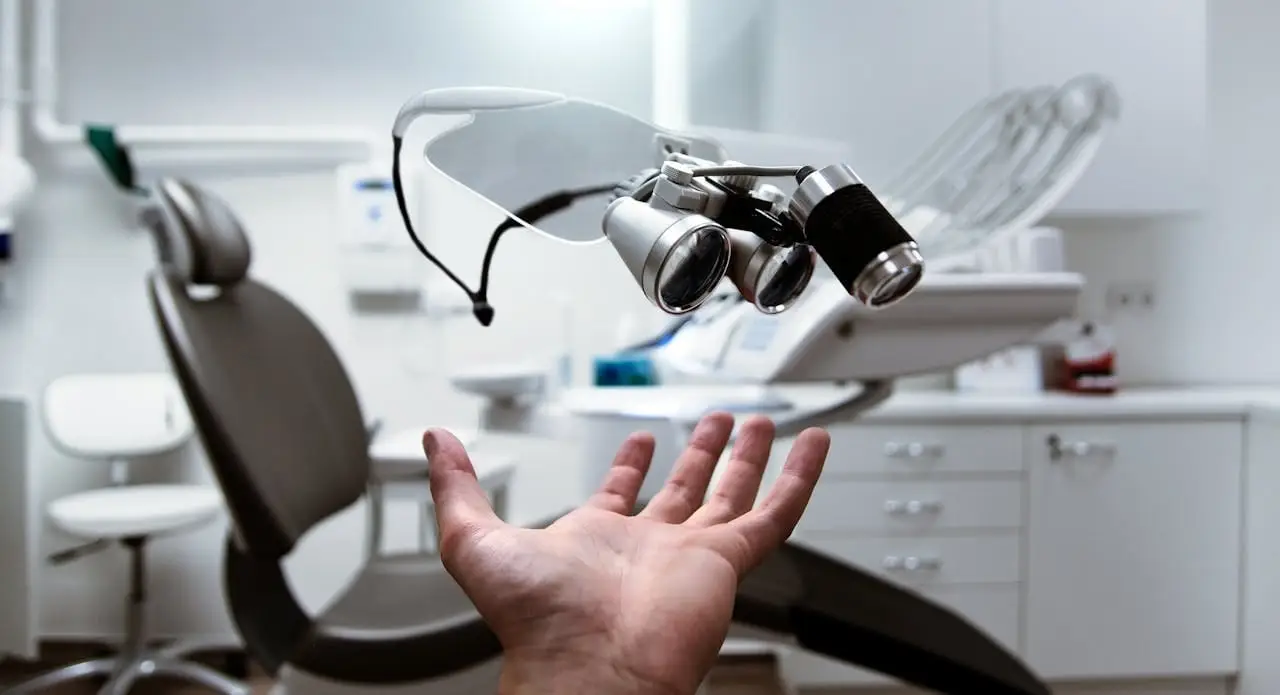
- Faster Diagnosis – AI can process medical reports, lab results, and scans in seconds, reducing waiting times for patients.
- Early Disease Detection – AI tools can spot patterns that humans may miss, helping detect diseases like cancer or heart issues at very early stages.
- 24/7 Availability – Unlike human doctors, AI chatbots and tools are available all the time for basic medical guidance.
- Cost-Effective – AI reduces the need for multiple tests or unnecessary visits, making healthcare more affordable.
- Personalized Treatment Plans – By analyzing medical history and genetic data, AI can suggest treatments tailored to each patient.
- Remote Healthcare Access – AI-powered telemedicine helps patients in rural or remote areas get medical advice without traveling.
- Improved Accuracy – AI systems trained on millions of medical cases can assist doctors in avoiding errors in diagnosis.
- Supports Doctors, Not Replaces – AI handles repetitive tasks (like analyzing X-rays or keeping records), giving doctors more time to focus on patient care.
- Continuous Learning – AI keeps improving with new data, meaning medical decisions become smarter over time.
- Better Resource Management – Hospitals can use AI to predict patient inflow, optimize staff schedules, and manage equipment effectively.
6. Challenges & Concerns
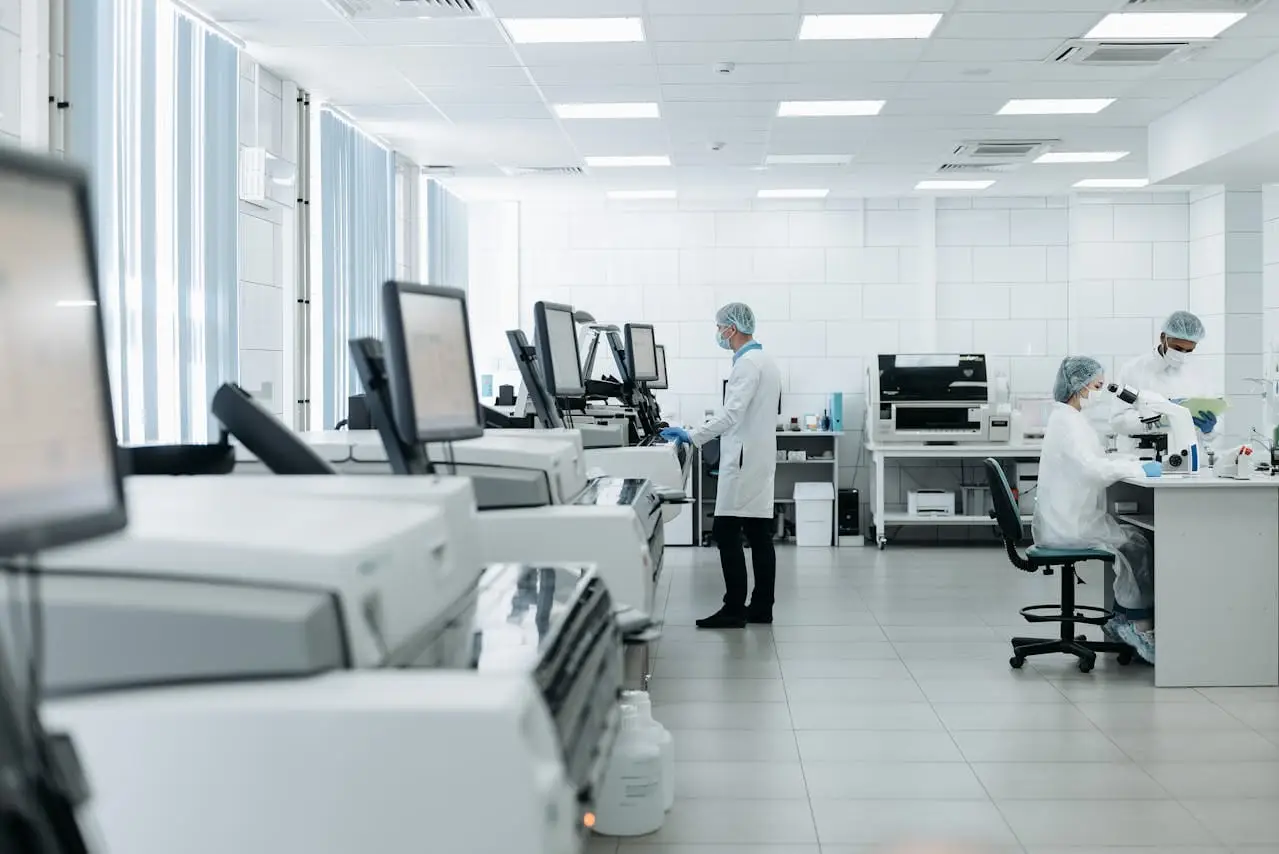
Well, there are some obstacles to overcome. Data security is a big issue. Your medical record contains very sensitive private information and could be misused if it falls into the wrong hands, and then there are ethical implications. Medical data sets need to be put together in a truly representative way. AI only learns with the data it is fed.
For example, in case women were underrepresented in the training data, a diagnosis could be less accurate for them than for men; it could even be wrong. Plus, who is liable if the AI suggests a wrong diagnosis or treatment? I think it needs to be us humans taking control and responsibility, but AI can be of great help.
- Data privacy and security.
- Lack of human touch/empathy.
- Dependence on algorithms.
- Regulation and accountability in case of misdiagnosis.
7. Future of AI in Healthcare
- Smarter Diagnostics
- AI will be able to detect diseases earlier and with higher accuracy than humans, especially in cancer, heart disease, and rare conditions.
- Future AI systems will analyze multiple data points (blood tests, scans, genetics, lifestyle) together for a 360° health view.
- Personalized Medicine
- Treatments will no longer be “one-size-fits-all.”
- AI will recommend drugs, diets, and therapies tailored to each person’s DNA, medical history, and habits.
- AI-Powered Virtual Doctors
- Patients may interact with advanced AI doctors for primary consultations.
- These tools will triage cases and connect patients with human specialists only when necessary.
- Robotics & AI in Surgery
- Robotic surgeries guided by AI will become more precise, less invasive, and faster.
- This will shorten recovery times and reduce risks.
- Predictive Healthcare
- AI will shift healthcare from “treatment” to prevention.
- By analyzing wearable devices (smartwatches, health trackers), AI will predict illnesses before symptoms appear.
- Mental Health Support
- AI-driven therapy chatbots and virtual counselors will provide 24/7 mental health support, reducing stigma and waiting times.
8. Conclusion
The idea of an AI doctor may feel futuristic, but it’s quickly becoming a practical part of modern healthcare. From helping diagnose diseases faster to offering free tools that make basic medical guidance more accessible, AI is proving to be a powerful partner for both patients and doctors.
Still, no matter how advanced the technology becomes, it can’t replace the empathy, judgment, and human connection that real doctors provide. Instead, the future of healthcare looks like a collaboration—where AI handles the data and speed, and doctors bring in compassion and experience.
As we move forward, one thing is clear: AI won’t replace doctors, but doctors who use AI may be far better equipped to provide accurate, affordable, and timely care.
